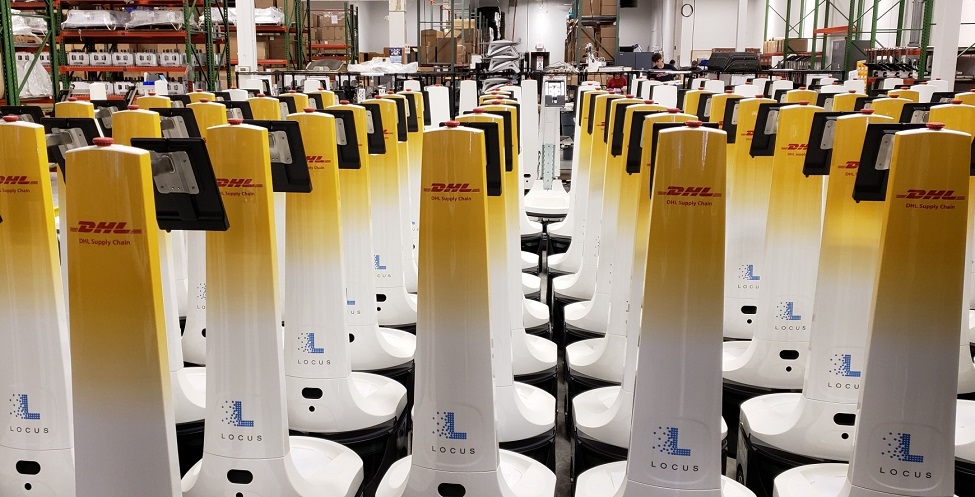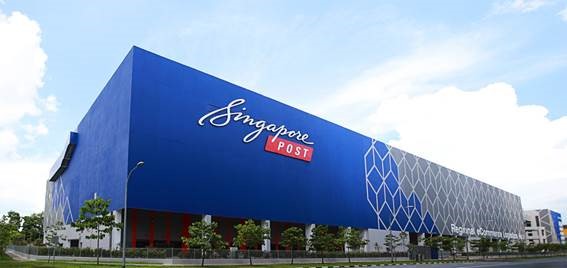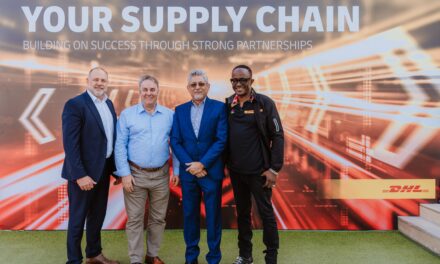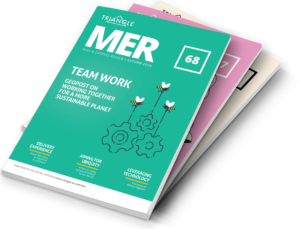
DHL invests in robotics to drive fulfillment productivity

DHL Supply Chain and Locus Robotics, the autonomous mobile robots (AMR) specialist for fulfillment warehouses, have announced an expanded partnership that includes 10 new, nationwide deployments of the Locus AMR solution in 2020. The companies have signed an Expanded Multi-Site Services Agreement outlining these terms.
“The agreement with Locus Robotics further enables us to bring productivity-enhancing technology to our customers quickly, so they are well-positioned to capitalize on new and emerging opportunities,” said Jim Gehr, President, Retail at DHL Supply Chain North America.
“DHL Supply Chain’s initial implementation of the Locus solution within the life sciences and retail sectors was a tremendous success; we saw increases in fulfillment productivity of up to 80% in selected customer operations. We now see an opportunity to extend the benefits of utilizing their highly flexible AMR solution at scale for customers across multiple sectors. We look forward to continuing to work with Locus to drive productivity, support capacity growth and deliver continuous improvement within our customers’ supply chains nationwide.”
“We are very excited to be growing our partnership with DHL Supply Chain,” said Rick Faulk, CEO, Locus Robotics. “We’ve already identified the sites in question and expect deployment in 2020 to support volume for peak season. What is particularly gratifying about this expansion is that the DHL decision was based on observed successes in their early facilities. We continue to see customers expanding their relationships as they prove out our solution.”
DHL Supply Chain North America and Locus Robotics partnered in 2017 to pilot a collaborative, autonomous robotics solution – LocusBots – to support associates in piece picking order fulfilment in warehouses. The LocusBots navigate autonomously within warehouses to quickly locate and transport pick items to associates. They can be flexibly deployed to support a diverse range of picking strategies, significantly reducing time spent on routine or physically demanding tasks, reducing manual errors and increasing productivity.













